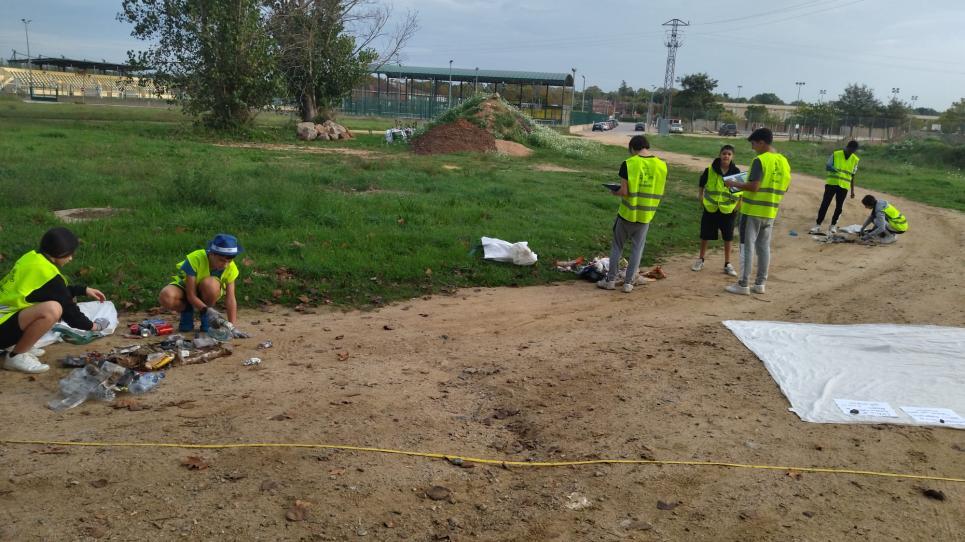1,250 young people from Spain will study the presence of plastics in rivers with the Plastic Pirates project
The Plastic Pirates project was born in Germany in 2016 and is focused on groups of young people from different educational centers, associations and groups throughout Europe

During the months of April and May 2024, nearly 1,250 young people from 32 educational centers or youth associations in Catalonia, the Valencian Country and Castile and Leon, will participate in several samplings aimed at studying the presence and typology of waste in rivers. The field study that the young people will do is part of a new edition of the Plastic Pirates project, which this time is coordinated by the UVic-UCC BETA Technology Center, the University of Burgos and the Oxígeno Foundation, with the col· collaboration of the Institute of Environmental Diagnosis and Water Studies-CSIC.
With the European citizen science project Plastic Pirates, young people will collect data on macroplastics on the banks of the river and floating waste and microplastics in the water. Once the samplings have been carried out, the researchers involved in the project will review the data sent by the participants for validation, to be able to include them in the European plastic waste database.
Preliminary analyzes of previous editions indicate that groups of young people have found, in rivers in the provinces of Ávila, Burgos, Barcelona, Girona, Lleida and Tarragona, approximately 4,600 single-use plastic waste, mainly made up of bags plastic, food packaging and sanitary napkins. Single-use waste represents approximately 30% of all waste found in the 37 river sections analyzed.
A project that started eight years ago
The Plastic Pirates project was born in Germany in 2016 and is focused on groups of young people from different educational centers, associations and groups from all over Europe. In addition to Spain, Germany, Austria, Belgium, Bulgaria, Slovakia, France, Greece, Hungary, Holland, Italy, Lithuania and Portugal participate, being one of the largest citizen science networks aimed at young people who they exist today. All these countries participated last autumn in a joint sampling campaign in which 257 groups of young people, 45 of them from Spain, checked the state of different European rivers.
The young people of these countries learn and apply standardized scientific techniques to analyze streams and rivers for the presence of waste in general and plastic in particular. The data collected by the participants are then reviewed by the scientific community associated with the project and constitute a valuable contribution to the investigation of pollution caused by plastic waste in European rivers.
This project receives funding from the European Commission – Horizon Europe – in the scope of the “Mission: Restoring our ocean and our waters by 2030” and has the collaboration of the Fundación Española para la Ciencia y Technology (FECYT) – Ministry of Science, Innovation and Universities.
